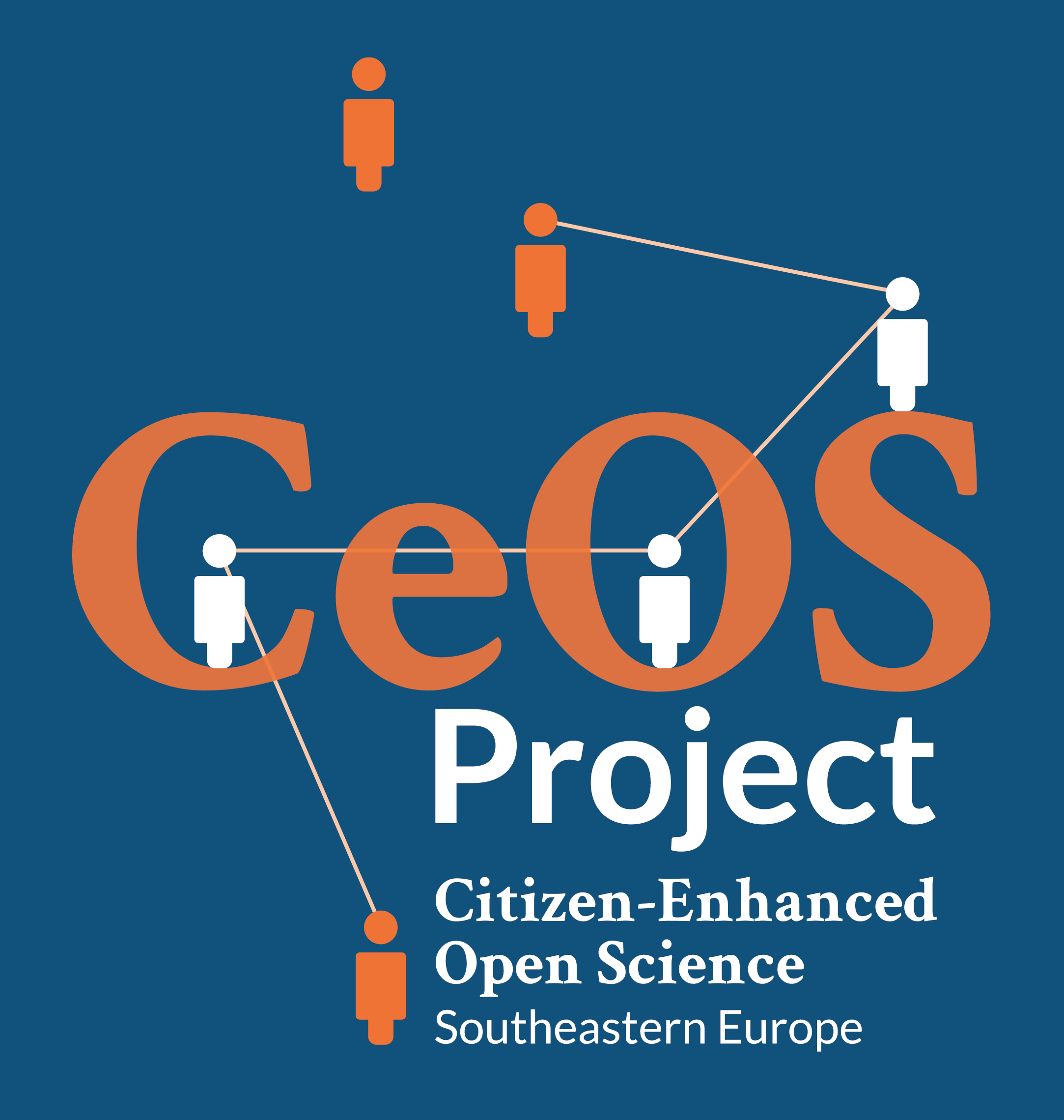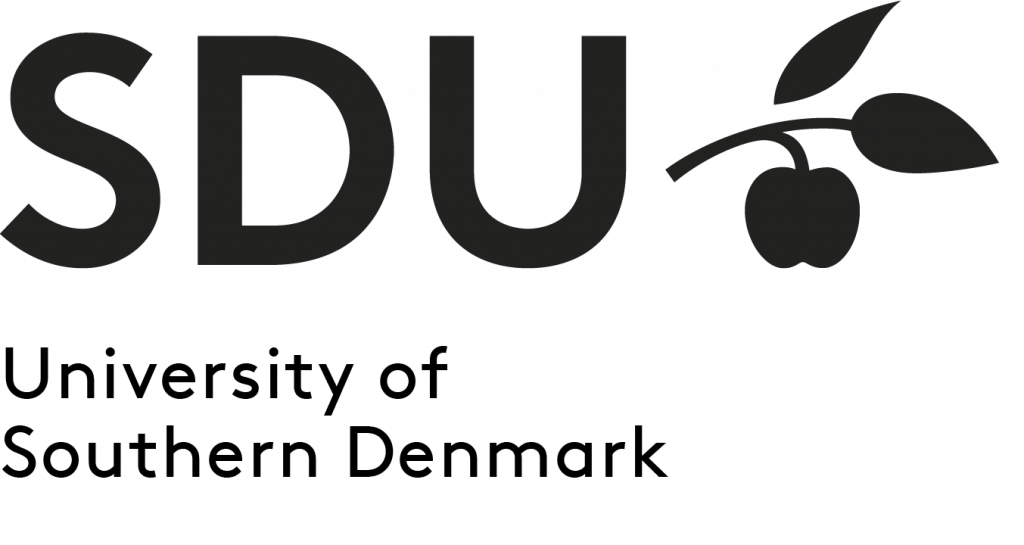Open Science (OS) and Citizen Science (CS) are two distinct but related concepts that can significantly improve the quality of scientific and innovation outputs, whilst also promoting public engagement with science and technology, openness, and active citizenship.
By promoting transparency and collaboration, OS can help to reduce bias and improve the quality of scientific research outputs. It can also lead to a more efficient and effective use of research resources and increase the relevance and impact of scientific research to society.
Citizen Science, on the other hand, involves the active participation of members of the public in scientific research projects. CS can take many forms, including collecting data, conducting experiments, or analysing data, among others. It provides an opportunity for individuals and communities to engage with scientific research, contribute to scientific discovery, and develop a better understanding of scientific issues. CS can also help to democratise scientific research by involving people who may not have formal or informal scientific training or access to any research resources. By involving a broader range of participants in scientific research, it can generate new ideas and perspectives, thus promoting innovation.
Together, OS and CS can complement each other and lead to a more inclusive, transparent, and collaborative scientific research ecosystem. They can also promote public engagement with science and technology, which are essential for building a more sustainable and equitable society.
This roadmap is designed to assist Higher Education Institutions (HEIs) and research libraries in enhancing the educational, scientific, innovative, and social impact of their OS/CS activities. It provides guidance on how to organise and facilitate these activities effectively, including identifying the right participants, setting clear goals, and selecting appropriate tools and resources. The roadmap also includes information on how to measure and evaluate the impact of these activities, as well as best practices for promoting and sustaining engagement among participants. It is also of interest to independent initiatives that are organising OS/CS activities.
In addition, the identification of essential skills for librarians engaged in Citizen Science initiatives includes communication, analytical, educational, and social media skills. Looking ahead, strategic reflections for research libraries encompass partnerships, institutionalisation, prioritisation, policy and strategy. In terms of operational actions, research libraries are advised to conduct mappings of researchers and projects, identify and utilise existing competences, expand infrastructure and services, and incorporate Citizen Science into the educational process.
Overall, the roadmap provides a valuable resource for any organisation or individual looking to promote and engage in OS and CS activities. Also, by following the guidance provided in the roadmap, independent initiatives can enhance activity impact and participant engagement.
Authors: Aleksandra Trtovac, PhD, and Nataša Dakić, PhD, UNILIB











